Intelligent Fashion Retail: Driving AI adoption through a human-centric approach
While AI has unlocked vast possibilities for the industry, large-scale implementation remains challenging. Overall, only a minority of retailers have successfully operationalized personalization at scale, and many organizations are still constrained by gaps in talent readiness and change management, slowing their transformation journeys.















